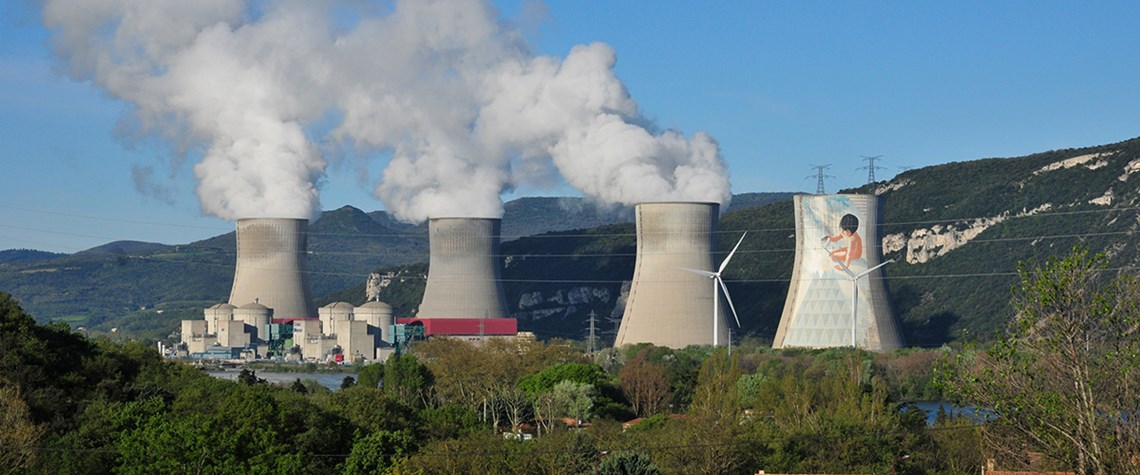Europe's black and green stuff
Europe's energy supply mix is changing again. It won’t be good news for the climate targets
From the French love affair with the atom to the nuclear phase-out in Germany, from the carbon-free current in Sweden to the 80% coal electricity mix of Poland, the EU's energy market, despite all the efforts to build common policies, is still characterised as much by its variety as its commonality. This is not about to change, but the balance will probably shift as the three biggest European economies review their energy choices. Germany became the standard-bearer for energy transition in 2000 when the red-green coalition decided to replace nuclear power with renewable energy in 20 years. Germany's nuclear phase-out is now planned to end in 2022 and is likely to succeed: 11 of the 19 reacto

Also in this section
3 May 2024
Upcoming elections are likely to deliver a win for the party of president Andres Lopez Obrador, but analysts differ over to what degree his successor will stick to his energy policies
2 May 2024
Faster-than-expected economic growth fails to mask macro imbalances and shifting structural oil product trends
1 May 2024
Energean CEO Mathios Rigas looks to results of critical Anchois appraisal well
30 April 2024
While its regional neighbours reap the rewards of oil and gas success, Iraq’s hydrocarbons sector is lagging behind







